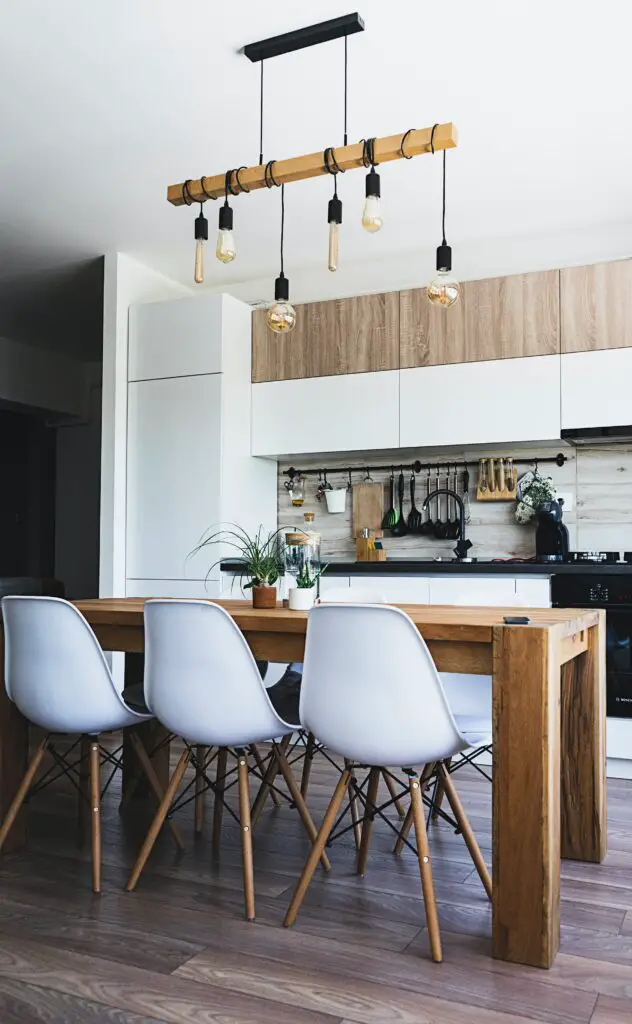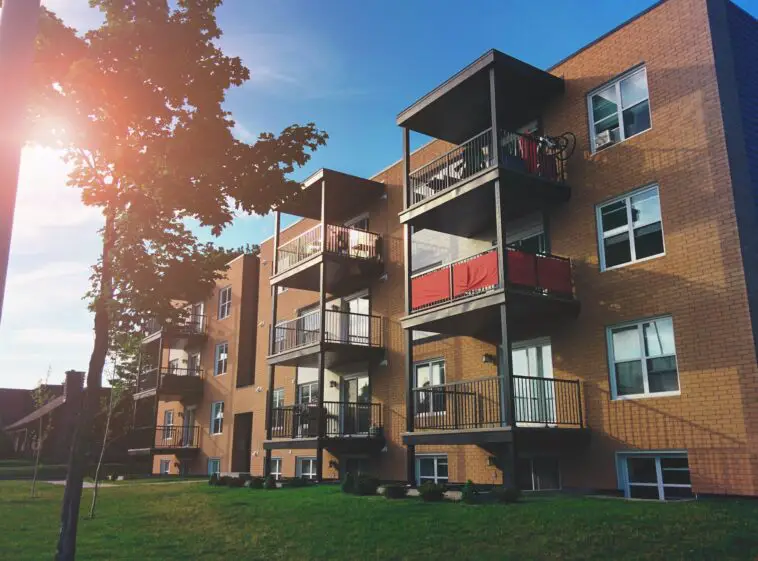A landlord is a property owner who rents or leases that particular property to somebody else. This is done in exchange for the rent payment. Now the whole process of searching, screening, and renting requires patience, dedication, and adequate knowledge.
There might be circumstances where things can turn out of the blue. But don’t worry as we are going to share some tips which you should expect while you are looking to rent out your property.
So get ready to uncover some secrets, surprises, and essential learnings that will help you throughout your renter journey easily.
Deciding the Rent
Your whole business environment is oriented to the rent that you charge for your property. Now this is your one potential investment for a steady stream of income. There can be many contributing factors in deciding the rent to be charged. Some of the contributing factors in making the decision can be as follows:
- The location of the property
- Type of property – single-family dwelling, multi-family home, apartment or condo
- Quality of the rental property ( furnished or just vessels with minimal requirements)
- Amount of investment involved along with fixed and variable expenses.
- Market rental rates
Hence, know that deciding the rent is not an easy task and you can’t charge unnecessarily or keep it to the bare minimum. Know where you stand and what all you have to offer before putting your deal.
Appreciation and Depreciation of Rental Property
As you already know, markets thrive and the value of real estate is never constant. The market supply and demand play a major role in deciding the prices of the properties. If your location is favorable, you can encash a decent amount of profit, else the value may depreciate with your hands tied to do nothing but suffer.
However, there are still some instances where the rental properties are benefitted from the depreciation. This is because depreciation reduces the payable tax amount on the rental income. On the contrary, it increases the capital gains tax after you sell the property.
Hence, landlords must take into account every scenario before investing in rental properties.

The Rights and Responsibilities Involved
There is nothing like you rented your property and the game’s over.
No, you aren’t just confined to being a passive landlord of course until and unless you have some other plans. Instead, you can maintain steady yet healthy relationships with your tenants and work on increasing your income wherever possible.
Ghosting your tenants will lead you nowhere.
Yes. This is true. You need to abide by certain rules and laws to maintain your property in good health and shape. You need to:
- Constantly communicate with your tenants and be aware of their living experience
- Resolute any complaints and queries of your tenants as soon as possible
- Connect with your tenants frequently and intimate about late payments or other charges if any.
Furthermore, there are general local and state laws that help protect the rights of both tenants and landlords. Lastly, if the tenants fail to pay rent on time repeatedly even after warnings, you have the right to evict them as per your tenant-landlord laws.
Pro-Tip: Follow the legal protocol and get important documents when you are ready to evict. Remember to enter with a warrant and notice. This way you are going to play safe.
Stricter Screening
Being a landlord, screening is one major job that requires your undivided attention. You must do it thoroughly to allow quality tenants into your rental property. You can expect:
- A good credit score
- A solid rental history
- Employment history with other income sources
- A positive past criminal record
These are some mandatory starters to analyze the general picture of your would-be tenant.
Raising Rent
Once you are in the lease which is a legally binding contract, you need to abide by the terms and conditions or things might backfire. Unlawfully increasing the rent is one such term that must be mentioned in the lease crystal-clearly. Of course, the terms and conditions can be changed but again legally and with proper compliance to laws.
The rent can be increased if it meets certain conditions mentioned in the lease itself: The following are some general circumstances where the rent can be raised:
- There is a new tenant addition
- The inclusion of pet
- Any sound renovation that might increase the overall cost
- A general increase in the rental rate within the local vicinity
Overall, your approach must adhere to the standards of laws without differentiating and discriminating among the tenants.
Easy Ways On How You Can Save Money As A Landlord
Being a landlord comes with a lot of responsibilities – from maintaining the property to finding and screening tenants. It can also be a costly endeavor, so it’s important to budget carefully and stay within your means. Here are five tips to help you save money as a DIY landlord:
- Take advantage of technology – there are many great apps and websites available that can help you save time and money as a landlord.
- Keep a close eye on your finances – track your income and expenses, and make sure you are staying within your budget.
- Be proactive about maintenance and repairs – don’t wait until something breaks to fix it, as this will end up costing you more in the long run.
- Get creative with your decorating – think outside the box to save money on furnishing and decorating your rental property.
- Stay organized – keep all of your paperwork and records in one place, so you can easily access them when you need to.
By following these tips, you’ll be on your way to saving money as a DIY landlord. With careful planning and execution, you can maintain a healthy budget while still providing your tenants with a comfortable place to live.
1. Take advantage of technology
Technology can be a great asset for landlords. There are many helpful apps and websites that can save you time and money.
For example, by using property management software you track rent payments, expenses, and maintenance requests. There are also websites where you can find free or discounted furniture and decor.
By taking advantage of technology, you can save time and money as a landlord. There are many great resources available that can help you run your rental property more efficiently.
2. Keep a close eye on your finances
One of the most important things you can do as a landlord is to keep a close eye on your finances. Track your income and expenses so you always know where you stand. This will help you stay within your budget and avoid any surprises.
Income should include rent from tenants, any government subsidies or programs, and any other sources of money coming in. Expenses will vary depending on the property, but can include mortgage or loan payments, insurance, taxes, utility bills, repair and maintenance costs, and more.
Staying organized and keeping track of your finances is key to being a successful DIY landlord. By doing so, you’ll be able to save money and keep your rental property in good condition.
3. Be proactive about maintenance and repairs
Another important tip for landlords is to be proactive about maintenance and repairs. Don’t wait until something breaks to fix it, as this will end up costing you more in the long run.
Regularly inspect your rental property and make note of any repairs that need to be made. Then, create a budget and schedule for these repairs so you can stay on top of them. By being proactive, you can avoid costly emergency repairs down the road.
In addition, it’s important to properly maintain all of the systems in your rental property – from the plumbing to the HVAC. This will help ensure that everything is running smoothly and will prevent bigger problems from arising.
Being proactive about maintenance and repairs is vital to being a successful DIY landlord. By staying on top of things, you can avoid costly repairs and keep your rental property in good condition.

4. Get creative with your decorating
When it comes to decorating your rental property, it’s important to get creative and think outside the box. This will help you save money on furnishing and decorating costs.
There are many ways to save money when decorating your rental property. For example, you can shop at thrift stores, garage sales, or online second-hand markets. You can also DIY some of the decorations, such as painting walls or making your own artwork.
Getting creative with your decorating will help you save money as a landlord. By being smart about your choices, you can furnish and decorate your rental property without breaking the bank.
5. Stay organized
The final tip for landlords is to stay organized. This will help you keep track of your finances, maintenance requests, and more.
There are many ways to stay organized as a landlord. You can create a system for tracking rent payments, expenses, and repairs. You can also use apps and websites to help you stay on top of things.
By staying organized, you can save time and money as a landlord. By keeping track of your finances and maintenance requests, you can run your rental property more efficiently.
By following these budget-friendly home maintenance tips, landlords can save time and money. By being proactive about repairs and taking advantage of technology, landlords can run their rental property more efficiently. Staying organized is also key to being a successful landlord. By following these tips, DIY landlords can maintain their rental properties without breaking the bank.
Final Thoughts
Remember that there cannot be perfection every time but no one is restraining you from putting your best foot forward. It is natural when you are renting out your space to someone, you need to take some precautions in advance.
Being a landlord is all about willing to commit your time and money to rent and maintain your property. Yes, it can be a risky venture, but of course, it’s worth the hype and investment.




